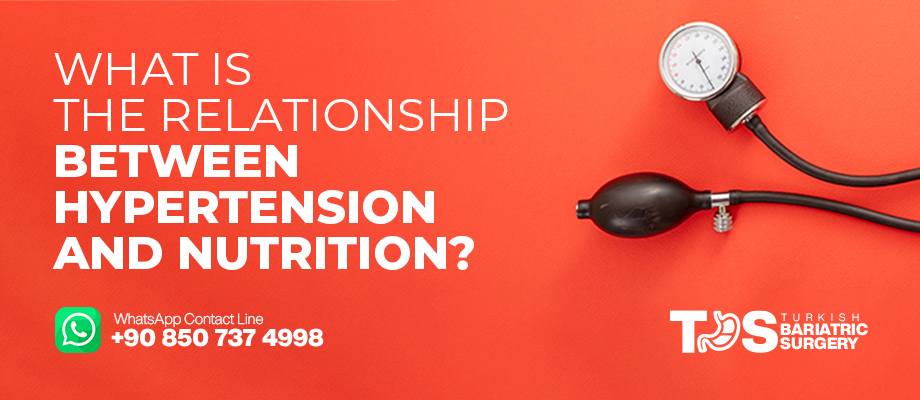
The blood pumped into the body by the left ventricle of the heart exerts a pressure on the blood vessels through which it passes. The blood vessels respond to this pressure with a resistance. The highest point when the heart contracts is called the systolic pressure, and the lowest point when the heart relaxes is called the diastolic pressure.
Hypertension is a condition in which the pressure in the blood vessels increases. The heart works harder to provide circulation in the face of increased blood pressure. In order for blood pressure to be normal, the systolic blood pressure should be below 120 mmHg and the diastolic blood pressure should be below 80 mmHg.
The prevalence of blood pressure in the population is between 30-45% and this rate increases with age. According to studies, hypertension is seen in one out of three adults.
Evaluation of Blood Pressure
| Evaluation of Blood Pressure | ||
| Category | Systolic | Diastolic |
| Desired-ideal | 120 and below | Under 80 |
| Precursor of hypertension | 120-139 | 80-89 |
| Stage 1 hypertension | 140-159 | 90-99 |
| Stage 2 hypertension | 160 and higher | 100 and higher |
The number of individuals diagnosed with hypertension is increasing due to reasons such as insufficient physical activity, alcohol use, excess body weight, and poor stress management. In addition, blood pressure is affected by the intake of nutrients. Therefore, adequate and balanced nutrition should be provided. The factors to be considered in the lifestyle and nutrition of the individual are as follows.
- Regular exercise is important in the prevention and treatment of hypertension. Therefore, it is recommended to exercise at least 3 days a week.
- Consumption of saturated fatty acids is increasing worldwide. Reducing consumption of saturated fatty acids leads to a decrease in plasma LDL cholesterol and total cholesterol levels. In international dietary guidelines, it has been reported that saturated fatty acid intake should be reduced, and unsaturated fatty acids should be consumed instead.
- Due to the potassium (K) content, green leafy vegetables should be included in the nutrition program.
- Grain-containing foods should be preferred for adequate mineral and fiber intake.
- Body mass index (BMI) should be kept within the ideal range.
- Alcohol intake should be limited. Women should not exceed 1 glass, men 2 glasses.
- Consuming fish 2 days a week or using fish oil supplements is important in blood pressure control.
- Avoid foods containing refined sugar.
- High salt consumption (such as canned foods, pickles, pickled foods) increases the risk of cardiovascular disease by increasing hypertension. The World Health Organization (WHO) recommends salt consumption to be less than 5 g/day.
- Adequate consumption of vegetables and fruits containing potassium helps to reduce the risk of hypertension.
- The nutrition plan should be created by considering cultural habits.
- It is known that high-fiber diets are associated with CVD risk. According to the Nutrition Scientific Advisory Board (SACN) 2015 report, it was reported that each 7 grams of fiber intake reduces the risk of CVD by 9%.
- Insufficient consumption of calcium increases the risk of hypertension. Therefore, attention should be paid to daily consumption of low-salt milk, yoghurt and cheese.
- Regular health checks should be done.


